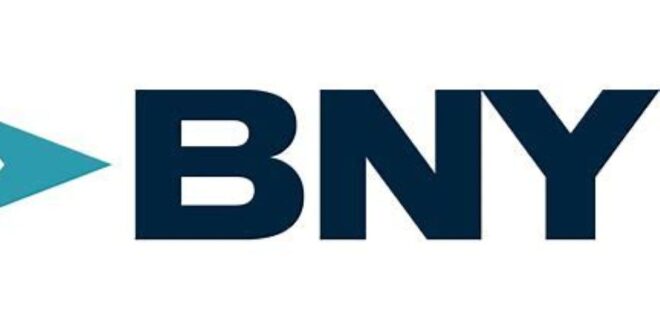In a major move bridging traditional finance and blockchain technology, BNY Mellon has launched a new blockchain-based accounting tool — and asset management giant BlackRock is the first to sign on.
As institutional adoption of blockchain accelerates, legacy financial players are moving from exploration to execution. BNY Mellon, the oldest bank in the United States and a major custodian of global financial assets, announced the launch of a blockchain-powered platform aimed at modernizing accounting and reconciliation processes for digital assets.
The new platform is designed to streamline back-office operations, offering real-time visibility and data consistency across stakeholders. BlackRock, the world’s largest asset manager, has signed on as the first client, marking a significant vote of confidence in blockchain’s potential to transform core financial infrastructure.
Solving the Institutional Data Problem
In traditional finance, accounting for complex transactions across fragmented systems often involves delays, manual reconciliation, and costly errors. BNY Mellon’s blockchain solution addresses this by providing a single, tamper-proof source of truth, improving transparency and efficiency for asset managers, custodians, and auditors alike.
“Blockchain technology allows us to rethink how accounting and asset servicing should work in a digital age,” said [insert spokesperson], adding that the system ensures data consistency across all parties in near real time.
BlackRock’s Strategic Alignment with Digital Infrastructure
BlackRock’s early adoption of the platform reinforces its growing involvement in the digital asset ecosystem. From launching Bitcoin ETFs to building tokenization strategies, the firm has signaled strong interest in blockchain’s role in the future of finance.
By using BNY Mellon’s platform, BlackRock can optimize its accounting workflows, especially as it handles both traditional and digital-native assets across a sprawling portfolio.
Implications for the Future of Finance
This move is more than a tech upgrade — it’s part of a broader trend of blockchain integration into core financial infrastructure, not just for crypto, but for improving legacy systems. As tokenization of assets gains momentum and regulatory frameworks evolve, platforms like BNY Mellon’s could become the norm for institutional accounting and asset servicing.
The bank has signaled that additional partners are expected to join the platform in the coming months, potentially setting the stage for wider adoption across the industry.With two financial titans leading the way, BNY Mellon’s blockchain accounting platform could signal a turning point in how institutions handle data, compliance, and asset management in the digital age.
 Business Sandesh Indian Newspaper | Articles | Opinion Pieces | Research Studies | Findings & News | Sandesh News
Business Sandesh Indian Newspaper | Articles | Opinion Pieces | Research Studies | Findings & News | Sandesh News



